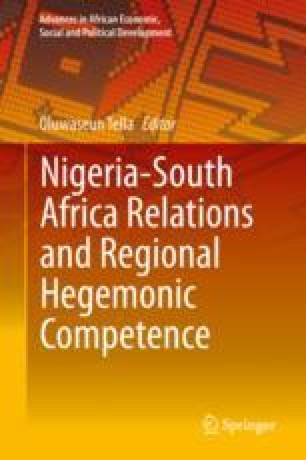Resource information
The interface between environment and conflict has gained traction in policy and security circles in recent times. Growing scholarly interest on the linkage stems from increasing awareness on the role climate change plays in precipitating resource contestations and conflict over depleting natural resources, particularly in poor regions. Such impacts sometimes result from secondary consequences of environmental decline and resources scarcity which give rise to stiff competitions over access to available resources. In some cases, associated migration into new territories often breed struggles and violence. Pastoral systems in Africa are highly vulnerable to these forms of resource pressure as livestock production practice face increasing threats from resource crunch and other adverse changes occasioned by climate change. Studies indicate however, that exposure-conflict transition differs across socio-economic, political and ecological contexts. In Nigeria, the livestock production system is characterized by incessant conflict between migrant Fulani herders and their mostly arable host communities, accounting for a continuing menace of human and material losses. On the contrary, a similarly climate-exposed South Africa has little or no record of climate-related resource violence despites its robust livestock production system. Context-specific divergences in the social effects of climate change suggest adaptation enhancing innovation as intervening variables in climate change-conflict transformation across settings. This chapter attempts to contextually investigate this assumption using the livestock production sectors of Nigeria and South Africa.


